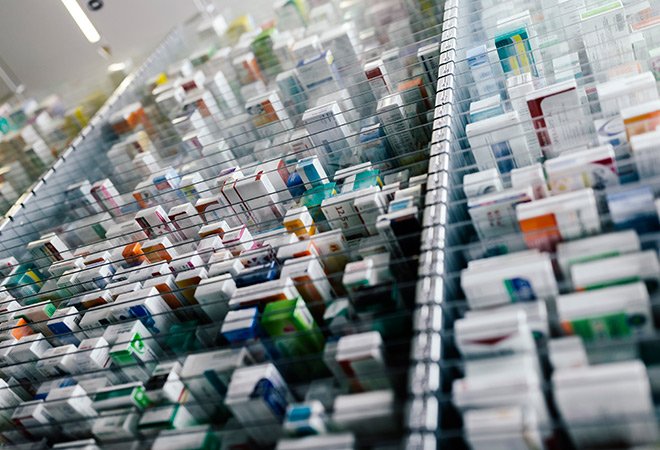ISLAMABAD: Several multinational firms for example, fear being forced to suspend manufacturing. Non-availability of raw materials and a huge jump in the cost of production is making the manufacturing of some of the most basic but important drugs unsustainable.
Through a letter sent to the Ministry of National Health Services on February 7, 2023, Pharma Bureau, a representative body of multinational pharmaceutical companies, has said that with the present economic conditions and the rupee’s devaluation, input costs have witnessed a multi-fold increase. Hence, the global price of raw material is rising and pharmaceutical companies are finding it difficult to continue producing lifesaving medicines.
The bureau has demanded immediate, across-the-board price adjustments to deal with the impact of devaluation and inflation.
While talking to a selected group of journalists in Islamabad on Friday, Ayesha T Haq, Executive Director Pharma Bureau, has stated “Cost of production has massively increased by 60%.” She said that due to the massive increase in the price of raw material compounded by devaluation of the rupee and an unprecedented inflationary trend, companies are unable to ensure facing availability of drugs in the market.
It is important to remember that various manufacturers have already stopped manufacturing the most commonly used drugs, severely aggravating the suffering of all those who need these medicines.
Haq also explained that no industry can grow if it is compelled to sell its product at an unreasonable, unjust price which is fixed in absence of a fair assessment of price based on just considerations of increase in the total cost of production, devaluation of currency and rate of inflation.
“Unfortunately, the pharmaceutical industry suffered a devastating blow as prices of the Active Pharmaceutical Ingredients i.e. raw material used in the manufacturing of drugs increased exponentially in the international market since the outbreak of COVID 19 CoronaVirus pandemic,” she said, adding that “… factors of production like cost of fuel, electricity, freight charges and packing material witnessed unprecedented increase during the said period.”
She also reiterated the fact that the rupee has devalued by more than 50% against the US Dollar within the last one year and due to the volatile economic situation presently prevalent in the country, it is projected that it will continue to further devalue.
“Hence, the manufacturing of pharmaceutical products has become completely unviable and unsustainable at the prices.”
According to details, the exchange rate of the US dollar against Pakistani rupee back in July 2019 was 158 which went up to 239.11 by July 2022, registering a 51.34% increase.
Similarly, the packaging material for medicine also increased substantially as one glass bottle’s cost was Rs 5.67 in 2019 and now it is available at Rs 10.45 with 84.30% increase.
And one carton was available at Rs 54 in 2019 which now costs Rs 82 after the increase of 51.85%.
The prices of utilities also witnessed huge raises as the cost of one unit of electricity was Rs 14.96 in 2019 and today it is around Rs 41.33 – the increase of 176.27%.
In the same vein, the cost of one unit of gas was Rs 74.03 in 2019 and today one unit is available at Rs 167.34 with an increase of 126.04%.
The price of one litre diesel was Rs 127.30 in 2019 and it touched Rs 236.67 in 2022 after witnessing an increase of 85.92%. The price of one litre petrol was Rs 113.20 in 2019 and it went up to Rs 234.42 in 2022 with an increase of 107.08%.
The industry is also bearing the brunt of high freight cost as per carton freight cost has gone up to 77% from 2019 while the minimum wages also witnessed around 55% increase since 2019.
In the present circumstances, Haq said, the impediment of growth in the pharmaceutical industry would deny patients and the public at large access to safe, effective, potent, and economical drugs.
She added that the local pharmaceutical industry recognises the need of the common man to have access to such drugs and in order to facilitate them it is imperative that the industry is supported by the concerned authorities.




